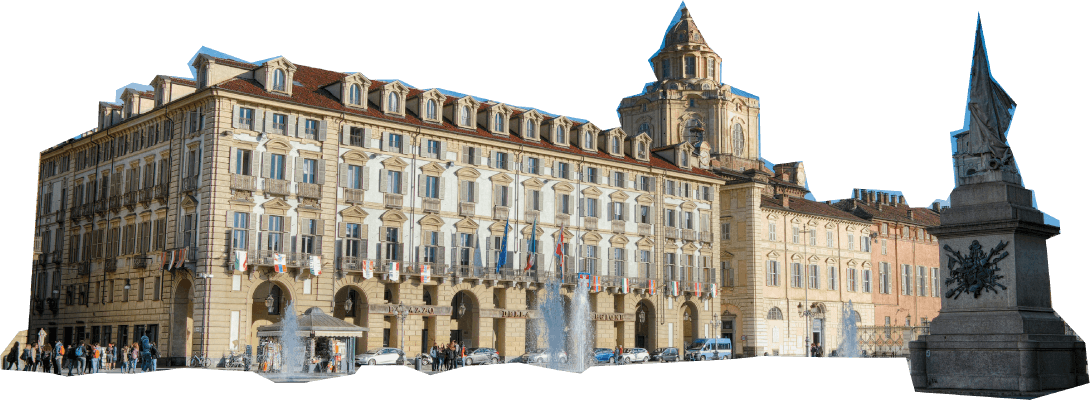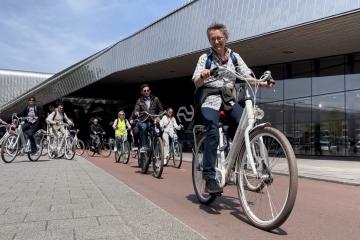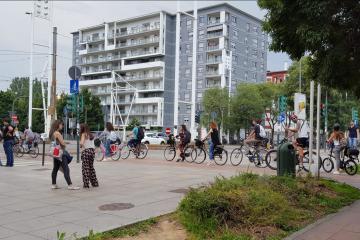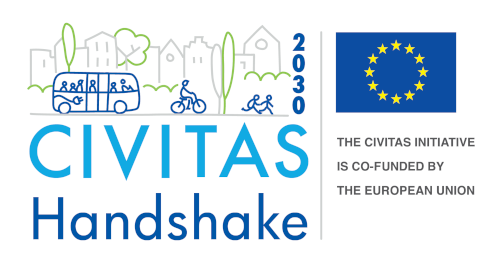About Turin

Turin is the city capital of the Piedmont region and one of Italy's important economic centres. Since the 1990s, Turin has been following a path that has seen it transform from an industrial capital into a hotbed of innovation and culture. During this time, the City of Torino has worked hard to foster sustainable mobility, launching its Sustainable Urban Mobility Plan in 2014. The city approved its strategic cycling mobility plan in 2013, with the aim of bikes achieving a 15% modal share by 2020.
Main cycling challenges
Cycling in the city of Turin is growing steadily, despite a lack of large investment. The mostly car-oriented mobility culture, built up through decades of street design planning, is now shifting to a more balanced modal mix. The city has one of the highest levels of car ownership in Europe, which has meant that public areas are congested by cars, a problem which needs to be overcome in allocating space for separated bike lanes.




